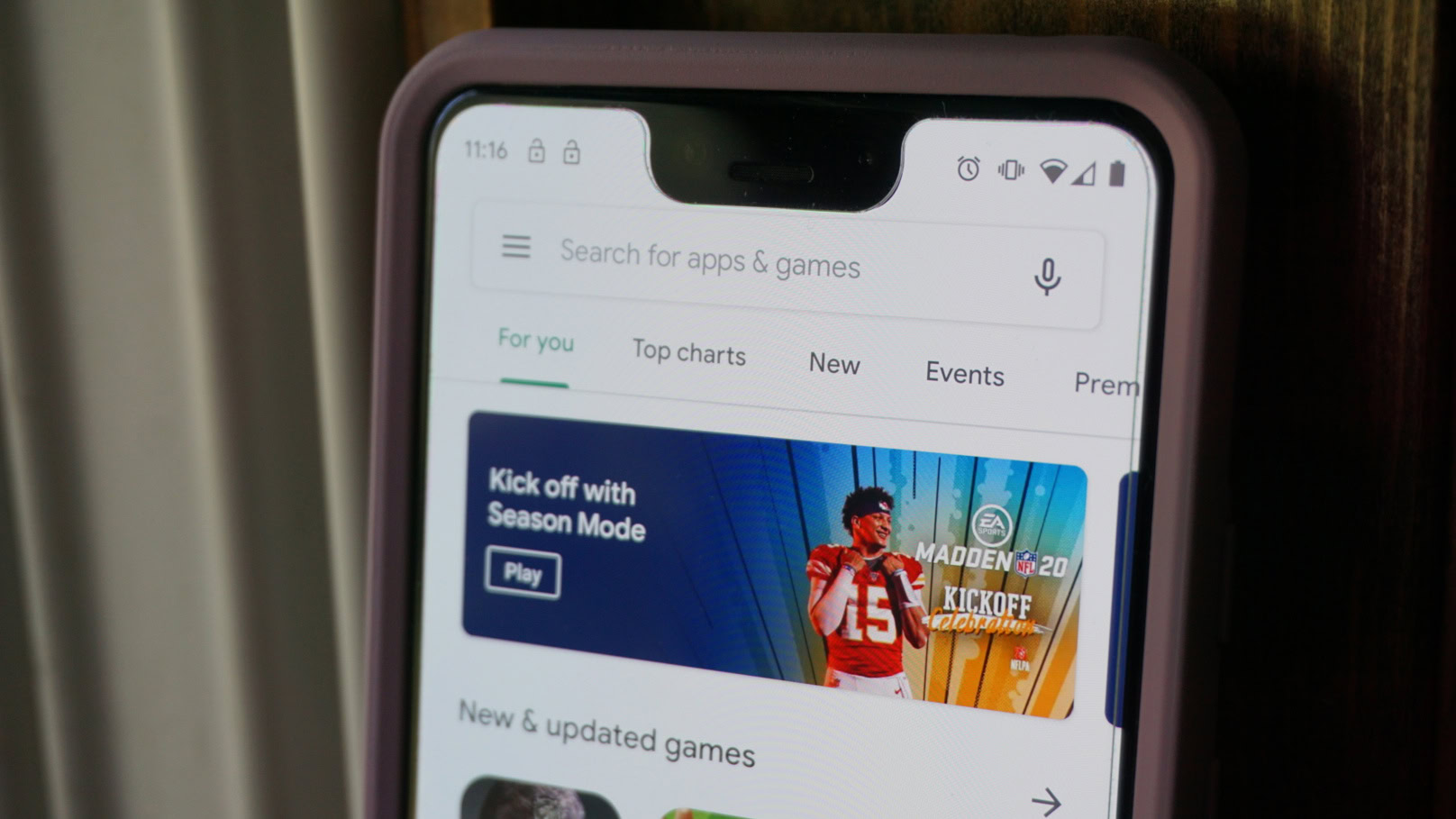Affiliate links on Android Authority may earn us a commission. Learn more.
Predatory loan apps still make it into the Play Store in some countries (Update)

Update: January 27, 2020 (4:30 PM ET): A recent report by Bloomberg revealed several predatory loan apps are still making their way into the Play Store despite Google’s previous commitments to ban such applications. Many of these apps offer users easy money advancements with interest charges exceeding 200%, yet they require users to pay back the loan in as little as one or two weeks. This appears to directly conflict with Google’s new minimum payback policies and interest rate limits.
Bloomberg reports that many policy breaking apps like iPesa, OKash, and Zenka are most prevalent in developing countries like Nigeria, India, and Kenya, but these apps aren’t available in many other countries, including the US. We reached out to Google to ask why the company’s global policies protect users in more developed countries, yet they aren’t protecting Android users in the aforementioned nations. A Google spokesperson responded by reiterating the new policy plan and its intentions.
Apparently, many of Google’s policies vary from nation to nation. Google does not allow apps for personal loans with annual interest rates exceeding 36% in the US, but it doesn’t appear those same limitations apply to users in other countries.
“Our Google Play Developer Policies are designed to protect users and keep them safe, and we recently expanded our Financial Services policy to help protect people from deceptive and exploitative personal loan terms,” the Google spokesperson said. “When violations are found, we take action.”
Unfortunately, violations in one country may not be violations in another. That means it’s easier for predatory loan apps to take advantage of users in developing countries where many users don’t have bank accounts or credit cards. It’s unfortunate that this is the case, and we would like to see Google change its policies to create strong boundaries that truly protect users globally.
Original Article: January 24, 2020 (6:30 PM ET): In a move to help protect its users, Google has banned apps that offer certain personal loans from the Play Store in the US. According to The Wall Street Journal, this is Google’s way of fighting payday loans, which can come with triple-digit interest rates.
Google said this policy is designed to keep users safe. In 2016, the company implemented a ban on payday-loan ads in its search browser. This new app ban takes Google’s stance against these loans one step further.
Any apps that offer personal loans with an Annual Percentage Rate (APR) of 36% or higher are no longer available on the Play Store as of this August. To keep their apps in the Play Store, lenders must adjust their products and business models to meet Google’s requirements.
Related: Google Play Store to offer incognito mode and better device security
Consumer advocacy group Color of Change agrees Google’s new loan apps ban keeps predatory lenders from taking advantage of Play Store users. It is even calling for a similar ban in the Apple App Store.
Not everyone thinks this is fair, though. CURO Financial Technology Corp. believes this harms legitimate operators and consumers looking for legal loans.
Though this new policy makes it difficult for Android users to take out these loans, it isn’t impossible. Users can still sideload lender apps or use the device’s browser to access lender websites.